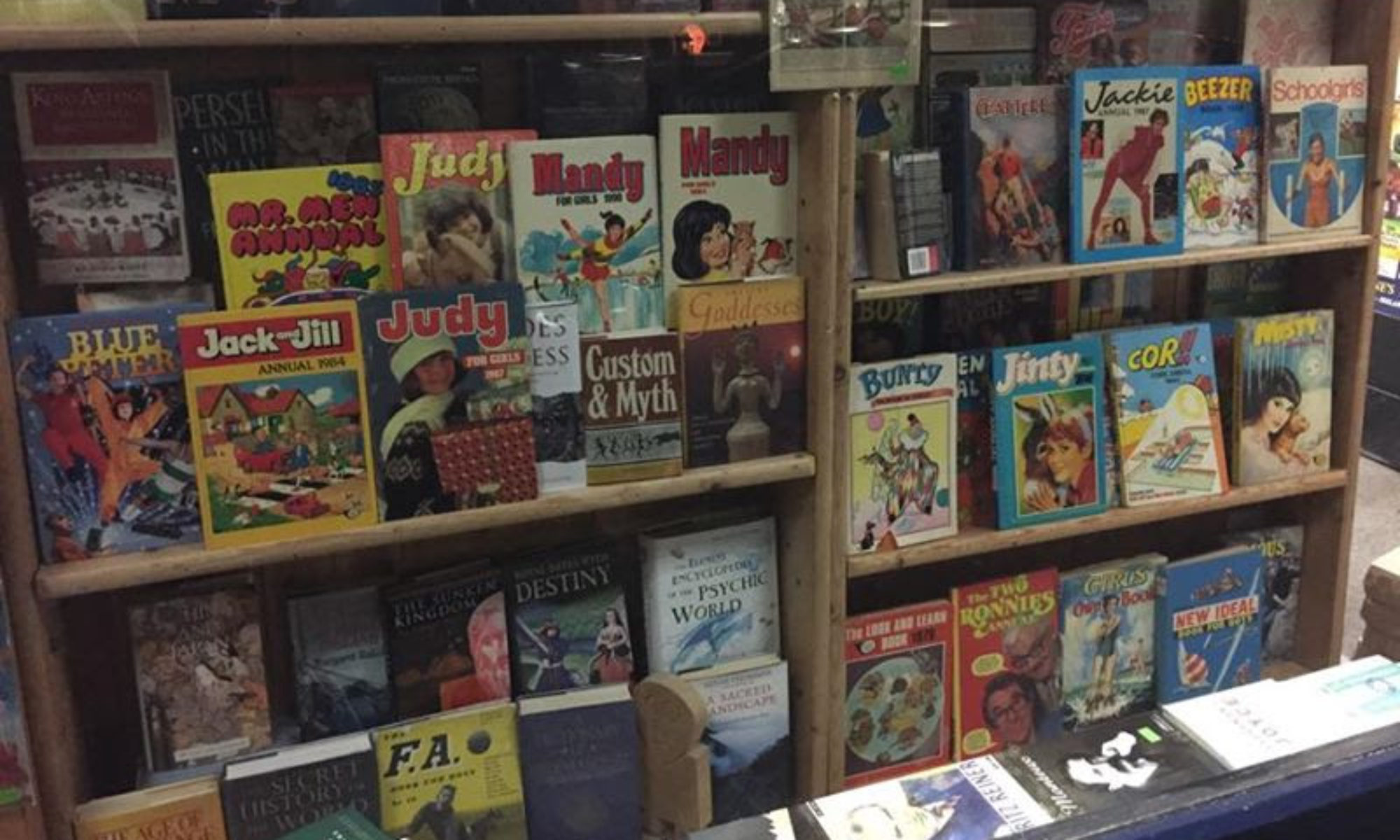I recently wrote about The Changes (1975) as an example of the alienation from society which children’s television dramas reflected as the UK’s postwar social contract was torn apart.
Whatever the reason, the shape of children’s dramas was rarely the reassuring US superhero narrative arc of the dangerous outsider being heroically repelled. Rather, we may almost take it for granted that the pillars of establishment we meet in a CBBC drama are either corrupt and malevolent or stupid and ineffectual. Village leaders will try to stone children as witches, or turn out to be in league with an ancient evil stuck in a black hole. Parents will be distant or absent at best, or actively obstructive at worst.
Of course, if you are going to have a young protagonist, narratively it helps to set them up as having to act without the safety net of adult assistance. Famously, Roald Dahl disposed of the hero’s parents in James and the Giant Peach by casually having them eaten by a rhino in the opening pages.
But there is more to this than just upping the stakes for our heros. Britain since Suez was a place where the people in charge were more likely to be wrong than right. The nation learned that, at best, authority figures were just making it up as they went along. Just as likely, they were lying.
The writers who grew up through that humiliation of the 1950s Suez fumbles, lived through the upheavals of the 1960s settled into their writing career in the 1970s. After all that had happened, is it surprising that they spent the next 30 years drumming the same message- Do Not Trust Power- into their viewers?
Alternatively, you could argue that children on the cusp of adulthood are naturally alienated from adult society, but no longer fully in the childhood state. Is it any wonder that children’s dramas are filled with only children? Every child feels themselves alone.
Some dramas tackled this head on. Archer’s Goon, an adaptation of Diana Wynne Jones’ superlative book of the same name, deals (as every one of her novels do in one way or other) with the problem of families. Screaming sisters, unreliable fathers, gods and monsters in the family. Who wouldn’t feel out of place and unsettled trying to develop a sense of self in those circumstances? The creators’ understood that the children watching were likely struggling with the same emotions, even if not actually fighting a family of wizards while doing it.
Children struggle to find their place in adult society under even the best conditions. And writers, trying to make sense of both their experiences of society and to communicate them to children, have to balance reassurance with warnings. The magic comes when the writer and the children both recognise each other as co-conspirators. When each whispers, in view of the grown ups, but unheeded by them “We are not like them.”
